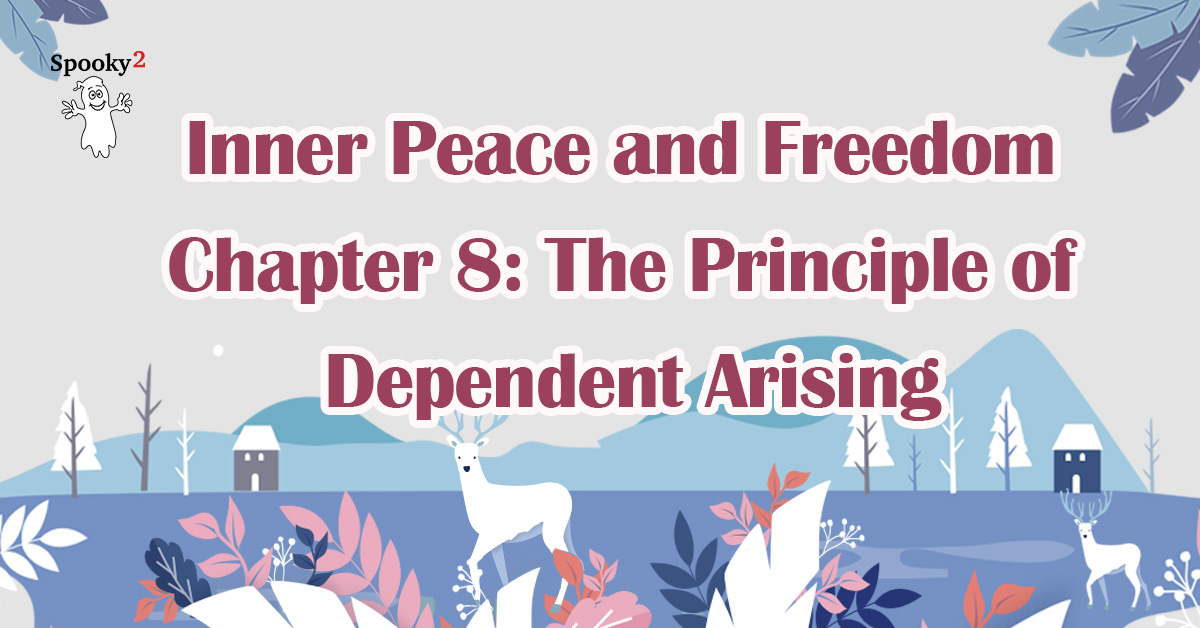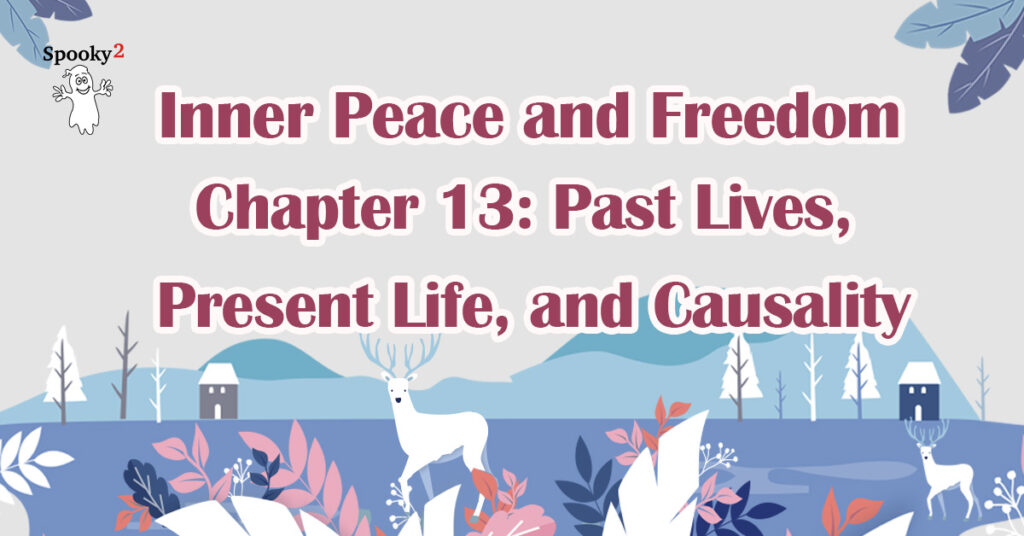What is the theoretical foundation of all science and philosophy?
What are the three characteristics of all things in the universe?
Can body and mind be separated?
Einstein had a famous quote, “God does not play dice.” It means that this world is unified, harmoniously ordered, and follows the law of causality. God only gives humanity souls, where there is free will, as well as differences in the Four Quotients and personality.
In the book The World as I See It, Einstein used several articles to elaborate his religious views and explain the relationship between religion and science.
Einstein said, “A knowledge of the existence of something we cannot penetrate, of the manifestations of the profoundest reason and the most radiant beauty, which are only accessible to our reason in their most elementary forms—it is this knowledge and this emotion that constitute the truly religious attitude.” He also emphasized, “In this sense, and in this alone, I am a deeply religious man.”
Einstein told people, “Enough for me the mystery of the eternity of life, and the inkling of the marvellous structure of reality, together with the single-hearted endeavour to comprehend a portion, be it never so tiny, of the reason that manifests itself in nature.” In other words, Einstein acknowledged that the existing human reason is unable to fully penetrate the mysteries of the universe and life.
We know that all theoretical frameworks of modern science are based on axioms. The so-called axioms are self-evident basic facts based on human reason. They are basic propositions which have been examined through long-term repeated practice and don’t require further proof. For example, through two points, there is one and only one straight line. Every cause has an effect, and every effect has a cause. These are all axioms.
Axioms are the foundation for all theorems, and theorems need to be proved through logical methods. The law of causality is an axiom, which serves as the theoretical foundation for all science and philosophy. Without the law of causality, all scientific theorems and philosophical theories cannot be established.
The law of causality states that any phenomenon or thing must have its cause, that is, “Things have their root and branches, affairs have their end and beginning.” In other words, any result or phenomenon arises from the combination of causes and conditions.
The law of causality is also called the principle of dependent arising, with the following three characteristics:
Results arise from causes
No cause, no result; where there is a result, there must be a cause. It is sequential: causes always precede results, and their sequence cannot be reversed.
Everything follows the universal law
The relationships among objective phenomena are objectively existing, not subject to human will, and universal.
For example, birth is inevitably followed by death, gathering is inevitably followed by farewell, union is inevitably followed by separation, and formation is inevitably followed by destruction. These are universal laws. The diversity of connections among objective phenomena determines the complexity of causal relationships.
Existence arises from emptiness
The so-called “birth” means transitioning from non-existence to existence, and “cessation” means transitioning from existence to non-existence.
The arising of anything is based on emptiness, from non-existence to existence. The cessation of anything is based on gradual change, gradually transitioning to emptiness.
The existence of anything must have the above three characteristics.
Let’s take a tree as an example. The tree is a result. When the tree seed has the right temperature, humidity, and sufficient nutrients, it starts to sprout. Then, with ample sunshine, it grows and finally blooms and bears fruits. This is known as “Results arise from causes.”
The gene of a tree determines its species characteristics, following the universal law, so an apple seed cannot grow into a pear tree. This is known as “Everything follows the universal law.”
Before being planted, the tree doesn’t exist. It only comes into existence after being planted. This is known as “Existence arises from emptiness.”
If we use these three characteristics to examine the existence of things, we will find that everything in the universe has these three basic characteristics. Nothing can escape dependent arising and cessation—the law that causes and conditions lead to arising and cessation.
All things follow the law of causality and have their corresponding causes and effects.
The Four Quotients in the human soul and the factory setting of personality are just a result. So, what is the cause? We must discuss this question based on the law of causality.
In Chapter 5, we have demonstrated that the Four Quotients are mental faculties. A person’s Four Quotients are vastly different from their parents’. The potential of the Four Quotients is not inherited. The genes of the human body are inherited from parents, and the human body is just a tool of the mind.
Based on the law of causality or the principle of dependent arising, the Four Quotients in the human soul and the factory setting of personality must have their underlying causes, while free will is inherent in the human soul.



